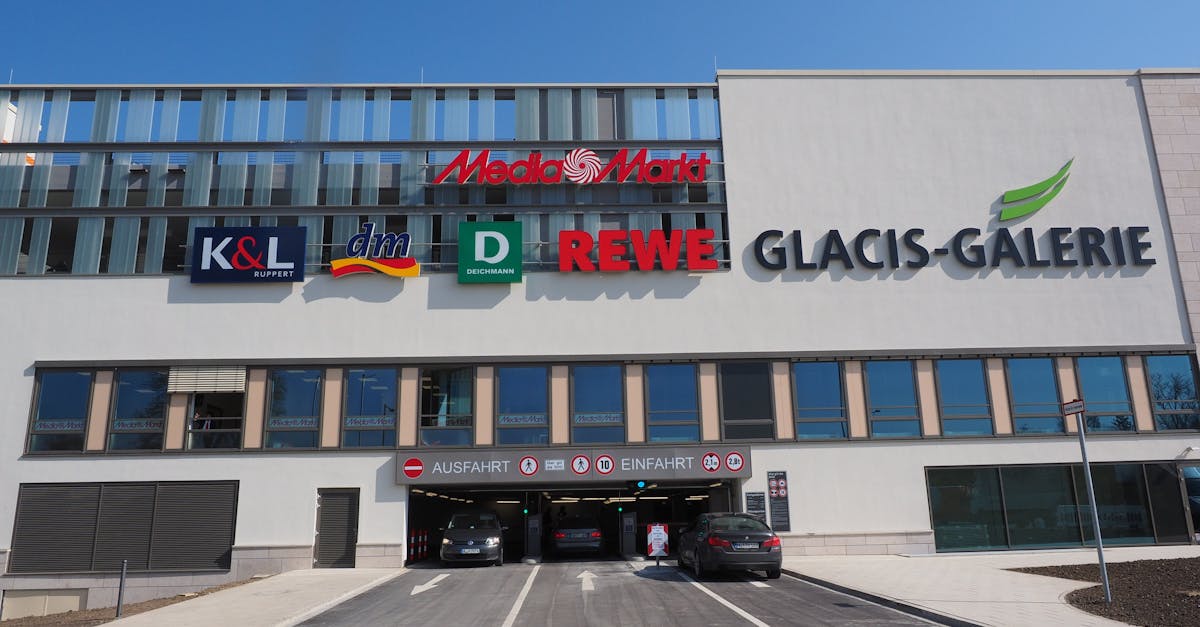The Future of Markting in Business
As the landscape of business continues to evolve, so too does the art and science of marketing. The future of marketing in business is being shaped by technological advancements, shifting consumer behaviors, and innovative strategies that redefine how brands connect with their audiences. In this blog post, we will explore the emerging trends and tactical approaches that are poised to dominate the marketing sphere in the coming years.
Understanding the Shift in Consumer Behavior
Today’s consumers are more informed, empowered, and connected than ever before. This transformation brings about significant changes for businesses looking to adapt their marketing approaches. Key factors influencing this shift include:
- Personalization: Customers expect brands to understand their preferences and deliver tailored experiences.
- Social Media Influence: Social platforms strongly shape purchasing decisions, driving the need for brands to maintain a strong online presence.
- Omnichannel Engagement: Consumers interact with brands on various platforms, making seamless engagement crucial.
The Role of Technology in Future Marketing
Technological innovations are revolutionizing marketing strategies. Some of the most impactful technologies to watch include:
- Artificial Intelligence (AI): AI is enabling businesses to analyze customer data, predict behaviors, and automate customer interactions, leading to improved decision-making.
- Augmented and Virtual Reality (AR/VR): These technologies provide immersive experiences, allowing consumers to engage with products in innovative ways.
- Voice Search Optimization: With the rise of smart speakers and voice assistants, optimizing for voice search is becoming essential for reaching audiences effectively.
Content Marketing: A Fundamental Shift
Content remains king, but its role in marketing is undergoing a fundamental shift. To engage consumers effectively, businesses will need to focus on:
- Quality over Quantity: Producing high-quality content that provides value will be more important than ever.
- Video Content: As video consumption continues to rise, integrating video into marketing strategies will enhance audience engagement.
- Storytelling: Brands that tell compelling stories will build stronger emotional connections with their audience.
Ethical Marketing and Sustainability
As consumers become more socially conscious, ethical marketing practices are becoming critical. Businesses must prioritize sustainability and transparency by:
- Implementing Sustainable Practices: Demonstrating a commitment to sustainability can improve brand loyalty.
- Transparency in Operations: Openly communicating business practices and values will foster consumer trust.
Data Privacy and Marketing Compliance
With increasing concerns about data privacy, the future of marketing will require a keen focus on compliance. Businesses should adapt by:
- Staying Informed: Keeping up-to-date with regulations such as GDPR and CCPA will be essential.
- Investing in Secure Data Practices: Protecting consumer data will not only ensure compliance but also build customer trust.
Conclusion
The future of marketing in business is bright yet challenging. By understanding evolving consumer behaviors, leveraging technology, emphasizing ethical practices, and prioritizing data security, businesses can navigate this dynamic landscape successfully. As we move forward, adapting to these trends will be crucial for brands that wish to thrive in an increasingly complex market. It’s a time of transformation, and those who can harness these changes will lead the way.

